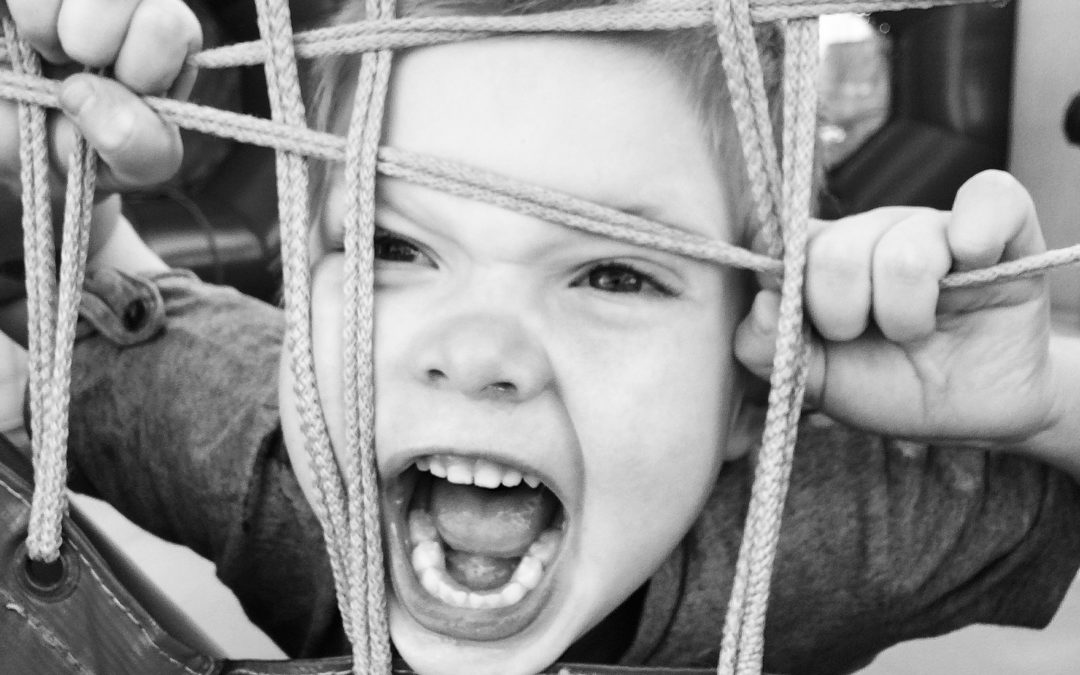
I’m sure we’ve all been there. It is after school, the screaming is so loud you are genuinely worried the neighbours might call the police. You have barely said a word but your child is shouting at you/smacking the floor/slamming all the doors.
Is After School “Restraint Collapse” real?
The phenomenon called “Restraint Collapse” occurs to some extent in most children no matter what age they are. You may find they need to blow off steam, they may cry or whine or show signs of being overwhelmed or even have a tantrum or meltdown after school. Some children show these signs occasionally after a difficult day, but some children do this regularly when they are picked up from school or when they arrive home.
Why does it happen?
Your child’s school day is full of physical, mental, emotional, and social stimulation. When we pick up our children, they are not only physically exhausted, but they are mentally drained and very hungry!
What is happening in my child’s mind?
Your child has had a full-on day. They have been learning new things, remembering all the rules and learning about friendships and possibly conflict within those relationships. They have been trying to present their best self to the teachers and their peers. They have needed to self-regulate at times.
Why is it happening at home?
The main reason your child may melt down after school is because they feel secure. Children who present their best selves all day long, then suddenly open the floodgates as soon as they walk into the family home because they feel safe to do so.
They are always so good at school and come home and lose it…. Am I a bad parent?
When they melt down at home it shows that your child knows you love them and that they are confident that you can help them manage these feelings. When you give them hugs, kisses, and kind words no matter how grumpy and irritable they are you are showing them that they are accepted and loved no matter what. They do not have this reassurance at school and so they are under pressure to behave all day.
What can I do to help my kid?
- Greet your child with a smile and a hug if they will accept it.
- Say you are pleased to see them and that you have missed them today.
- Keep the walk home/car ride quiet – please don’t bombard them with questions about their day. The part of their brain that date stamps and files experiences is still very immature, so asking them to remember details can be challenging, particularly after a demanding day. Give them time to just ‘be’, and save a couple of questions for later.
- Provide a healthy snack and drink after school. If possible, give your child a choice e.g. an apple or a banana, nuts or cheese sticks, apple juice or orange juice. This will give your child some energy and a feeling of control as they can make their own choice.
- If you have a car journey a book or simple toy for them to look at on the way home that isn’t complicated or over stimulating may allow your child to calm themselves. Audio books or quiet music might help too.
- Consider whether you can limit after school activities. Think about whether your child genuinely enjoys them or whether they are put under further pressure which could cause a bigger meltdown later. Playdates and activities might be better left for the weekends.
- Respect a child’s “down time” after school. They may feel like burning a lot of energy being physically active or may choose to calmly draw pictures. Children with free time after school learn to further self-regulate and read their bodies’ cues, tuning in to what they need in the moment. It could more social interaction with their siblings or friends, time alone in their room, creative activities, helping to cook dinner or chatting to their parents. Support your child in learning what is best for them; why not share your own tips on what calms you down after a full on day (eg a relaxing bath, connecting with loved ones, having a nice meal, watching a favourite programme or reading a favourite book, an adult colouring book, prepping for the next day, having an early night). Pepper this through the week, modelling and explaining to them how you help to regulate yourself if you begin to feel over-stretched.
How can I help myself cope with this situation?
- Keep yourself calm, smiling and welcoming when you greet your child. Remember that a meltdown is not a reflection on you – your child has been under pressure all day and now needs food and quiet time or an opportunity to be physically active. They do not need a million questions or any more pressure. Take your cues from your child.
- Be prepared – take snacks, quiet activities, let them go on the trampoline in the garden, ride their bike or kick a football around, provide craft materials etc. Give them some free time when you arrive home so that they can make the transition from home to school in the way that helps them best.
- Don’t put pressure on yourself or them after school. Try to do shopping and errands etc in advance and then be as relaxed as possible when you arrive home before you start the dinner, homework, bedtime routines etc You may have had a hard day too – 10-15 minutes chill time is important for both of you
- Take care of yourself – do you need a snack and drink too? Have you had time to sit down? Whether your child is being physically active or doing quiet activities you can sit and watch while you have a cup of tea.
Top tips – from the parenting support team at Fegans
- Greet your child with a smile Your child has had a difficult day – don’t put them under any pressure
- Give them time to be quiet or blow off steam depending on how they feel. Provide safe ways for them to do this such as a football/trampoline, craft activities, colouring books etc
- Remember that they are not like this because they hate you – they are like this because they have been holding it together all day and now need to let go in a safer place Home is where we can be who we are and be loved anyway
- Look after yourself – picking up your child when you are in a rush, hungry, thirsty or under pressure doesn’t help you to be relaxed. You are important – organise your routine so that you have time for you.
For more support and solidarity come over and chat on our forum.









